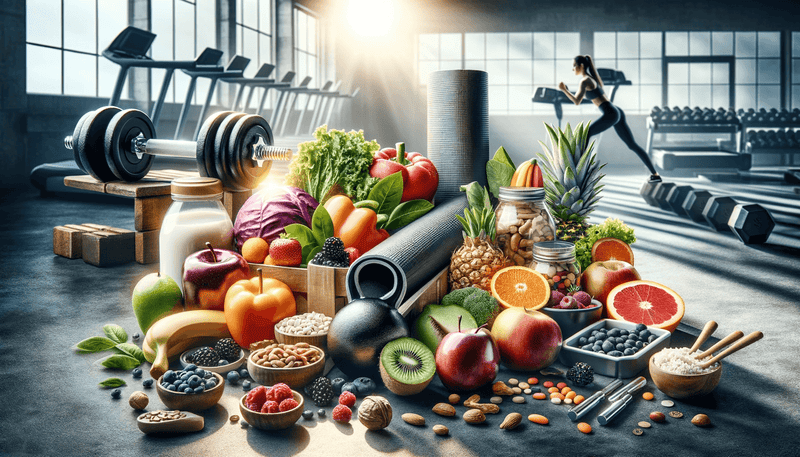Athletes who follow a vegan diet often wonder how to balance performance, recovery, and strength while avoiding animal products. The good news is that with the right vegan nutrition tips for athletes, plant-based foods can provide all the energy, protein, and micronutrients needed for peak performance. Whether you train for endurance, strength, or flexibility, eating a well-planned plant-based diet helps maximize muscle growth, boost stamina, and speed up recovery. Key factors include focusing on plant-based protein, ensuring enough iron, calcium, and vitamin B12, and learning smart ways to fuel before and after workouts.

Fueling Performance with Plant-Based Protein
Protein for athletes is one of the top concerns when following a vegan diet. Luckily, plant-based foods like lentils, chickpeas, quinoa, tofu, and tempeh offer complete amino acids that support muscle repair and growth. Athletes should include a variety of protein sources throughout the day to meet their needs. For convenience, vegan protein powders such as pea, hemp, or brown rice blends can be added to smoothies or oatmeal. Unlike animal proteins, these options also deliver extra fiber and antioxidants, which enhance recovery. With proper planning, vegan athletes can easily meet protein requirements without relying on meat, dairy, or eggs.

Optimizing Energy with Complex Carbohydrates
Carbohydrates for athletes fuel training and recovery. Whole grains like brown rice, oats, quinoa, and whole wheat bread provide long-lasting energy. Sweet potatoes, fruits, and beans also deliver essential vitamins and minerals. For endurance athletes, carbohydrate loading before events helps maximize glycogen stores. Post-training, combining carbs with plant-based protein speeds recovery and reduces muscle soreness. Choosing complex over refined carbs ensures stable blood sugar levels, preventing fatigue during workouts. A balanced approach to carbs keeps vegan athletes energized and ready for every training session.
Meeting Micronutrient Needs
Key micronutrients for athletes include iron, calcium, zinc, and vitamin B12. Plant foods like spinach, lentils, pumpkin seeds, and fortified cereals support iron levels. Pairing iron-rich foods with vitamin C sources (like oranges or bell peppers) improves absorption. For calcium, fortified plant milks, leafy greens, and tofu are excellent choices to strengthen bones. Since vitamin B12 is not naturally found in plants, supplements or fortified foods are essential. Omega-3 fatty acids from chia seeds, flaxseeds, and walnuts support joint health and reduce inflammation. Paying attention to these nutrients ensures long-term health and performance for plant-based athletes.
Hydration and Recovery Strategies
Proper hydration is vital for athletic performance. Vegan athletes benefit from coconut water, fruit-infused water, and electrolyte-rich smoothies to replace lost fluids. For recovery, consuming a mix of carbohydrates and protein within 30 minutes post-training is ideal. Options include a smoothie with banana, spinach, and pea protein or a quinoa salad with beans and vegetables. Antioxidant-rich foods like berries, turmeric, and leafy greens also reduce inflammation and speed healing. Consistent hydration and smart recovery strategies allow plant-based athletes to train harder without burnout.

Smart Meal Planning for Vegan Athletes
Balanced meal planning ensures success on a vegan diet for athletes. Each meal should include plant-based protein, whole grains, vegetables, and healthy fats. Snacks like hummus with carrots, trail mix with nuts, or edamame provide extra energy between training sessions. Preparing meals ahead of time prevents nutrient gaps and supports consistent performance. Including variety keeps meals interesting and nutrient-dense. By planning around training schedules, vegan athletes can maintain strength, endurance, and recovery without worrying about deficiencies. Smart planning makes a plant-based lifestyle sustainable and effective.
